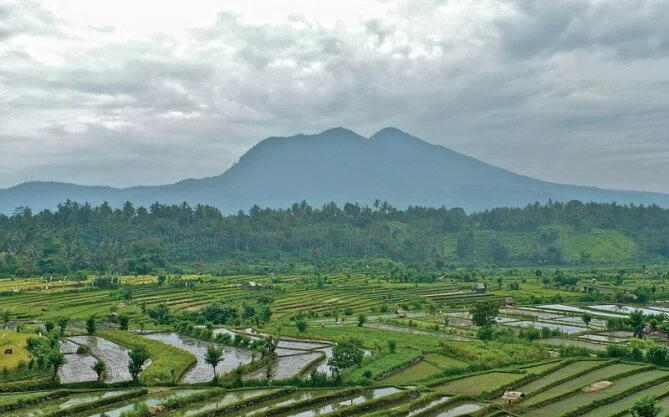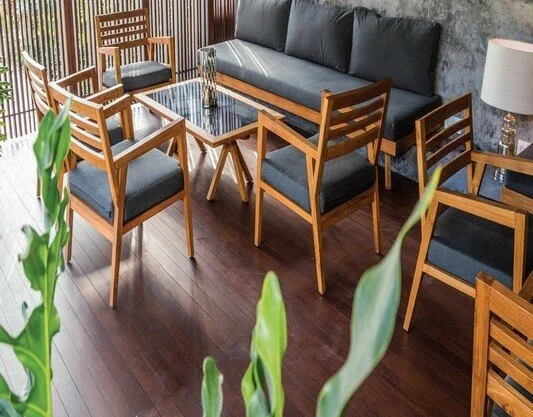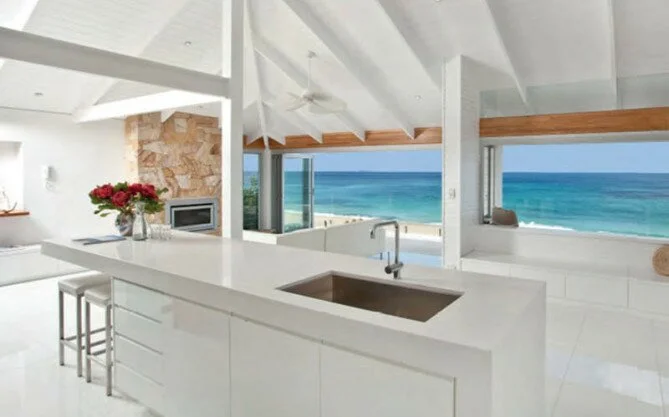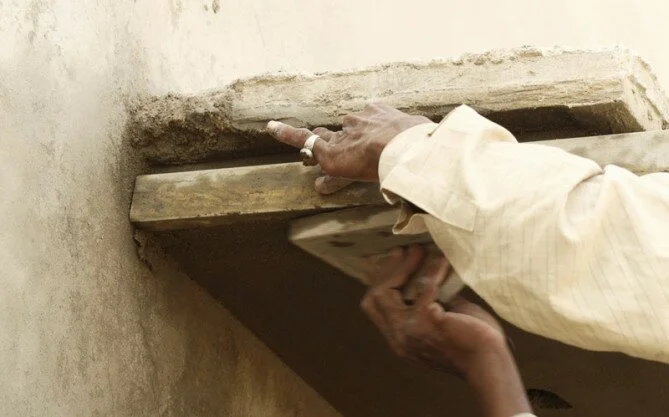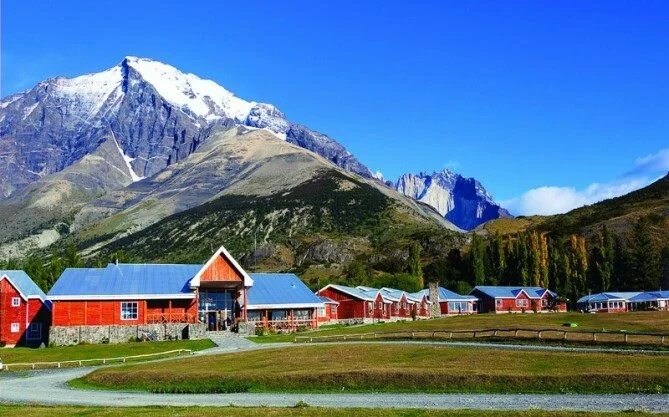
The Indonesian capital is certainly coming up, but its progress could be hampered by political uncertainty, shoddy infrastructure and soaring property prices.
For Indonesia, 1998 was a game changer. The country was hit hard by the Asian Economic Crisis, which triggered the collapse of the 31-year Suharto regime and the installing of a democratic government. In recent years, however, the economy has topped global performance charts, consistently recording an annual GDP of more than 6 percent, and Jakarta is now one of the world’s most attractive property investment destinations.
But with the country set to go to the polls for only the third time since its transition to democracy, investor sentiment has dampened and economic growth has trailed off to 5.2 percent—its worst-performing quarter since 2009. (When you read this you will know the result of the election. When this went to print, we didn’t. Ed). “Due to uncertainty surrounding the presidential candidacy, the property market has been flat for some time,” says Irwin Chandra, an investment analyst with Colliers International. “Although inquiries regarding investing in the Jakarta property market are still coming in strongly, the number of real transactions have been scaled back.”
Increased interest rates and stricter mortgage regulations have also quelled demand in Jakarta’s key residential markets, according to recent research by Colliers. It noted that the take-up rate in the city’s central business district slumped 4 percent compared to the previous quarter, while prime areas in the south of the city recorded a negligible uptake of 0.1 percent in the same period. With the run up to the elections and the increasing likelihood that opposition party candidate Jokowi “Joko” Widodo would assume the presidency, most analysts believe price stabilisation will be short-lived. Jokowi’s nomination as the Indonesian Democratic Party – Struggle’s presidential candidate, which led to a rise in both the stock market and currency, has done much to reassure the local and international business community.
“There may be a perception of a potential market slowdown but I don’t think this will be the case. Developments from the largest and most respected Indonesian firms shall continue to sell well… The long queues on launch days shall continue, I suspect,” Says Chris Keirnan associate director of real estate consultancy MacDonald & Company. “The luxury residential sector, from an investment perspective, will continue to significantly outperform other regional markets.”
In Knight Frank’s 2013 Global Cities Index report, which monitors the performance of luxury real estate markets across the globe, Jakarta ranked the world’s most attractive investment destination for a second consecutive year. The report stated that high-end property prices in the Indonesian capital experienced an annual increase of 37.7 percent, more than double the yearly growth in second-placed Dublin. The unprecedented growth was attributed to the burgeoning middle-classes’ rising demand for luxury property, as well as the limited supply of new residential developments.
Knight Frank Indonesia’s associate director for consultancy and research, Hasan Pamudji, also expects favourable conditions to encourage an influx of foreign investment into the luxury segment. “Foreign investment has been increasing for the past two to three years and this will continue in the coming years due to a slow down in Asia Pacific’s major property market he said. “Long-term foreign investors will continue to look for opportunities for local diversification in developing countries such as Indonesia where the property market is still appealing.” Pamudji added, however, that overseas buyers face a number of obstacles when looking to invest in Jakarta, including complex legal structures and a dearth of available prime-location property.
Rapidly dwindling residential options, soaring land prices and endemic traffic congestion within the city’s centre has forced some buyers to turn to lesser-known suburbs such as Serpong, Bogor and Bekasi. On the other hand, Jakarta’s traffic issues and lack of quality public transport has resulted in a greater demand for properties near business districts, according to Arief Rahardjo, head of research and advisory at Cushman & Wakefield, Indonesia. Jakarta’s traffic problems have positively impacted on the increasing demand in strata-title apartment market, especially for condominium projects located surrounding the CBD and along main corridors,” he said.
In October, plans for a rapid transit system were rolled out in the hopes of combatting some of the world’s most congested roads. Still, doubts remain over the ambitious scheme’s short-term effectiveness. The initial North-South corridor, slated for completion in 2020, will provide only limited connectivity to Jakarta’s major residential neighbourhoods, while it will take another 13 years for the East-West line to be operational.
If Jakarta is to live up to its moniker and establish itself as a global real estate destination, the new government must addresses the myriad issues impacting the city’s liveability.
By Liam Aran Barnes
First appeared in Property Report, July 2014



